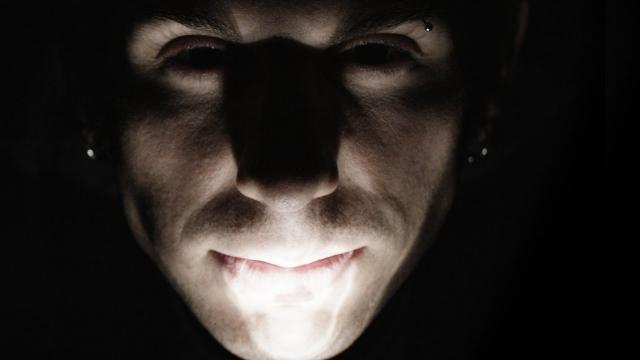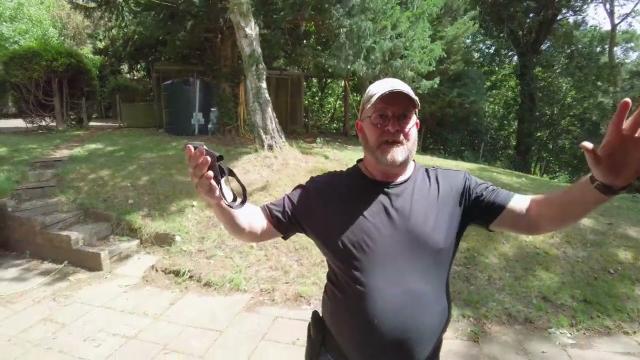SCIENCE says Women smell More Invisible Ghosts than Men do.
Description
"If You Smell Things That Aren't Really There, You're Not Alone" WTF?
Science is weird & I am Funny. Stay Cool. God Bless Everyone - T
God bless everyone,
T
https://www.paypal.me/THORnews
Tshirts
https://hitthebuttonbaby.com/
https://www.facebook.com/thornewsgo
THORNEWS
PO BOX 35946
HOUSTON TEXAS
77235-5946
@newTHOR on Twitter
The Article by Gizmodo
https://gizmodo.com/if-you-smell-things-that-arent-really-there-youre-not-1828393342
article by ed cara
A small but very real percentage of people often smell odors that aren’t actually there. About one in 15 Americans over the age of 40 regularly experience so-called phantom odors. But we have no idea why, according to a new study published Thursday in JAMA Otolaryngology–Head & Neck Surgery.
The study, led by researchers from the National of Institutes of Health, is the largest to take a detailed look at the issue, said lead author Kathleen Bainbridge, a researcher at the National Institutes on Deafness and Other Communication Disorders (NICCD).
“We knew that phantom odor perception had been observed in medical clinics, but we did not know how common this condition was, nor what types of people are more commonly affected,” she told Gizmodo via email.
Bainbridge and her team studied data from the National Health and Nutrition Examination Survey, an annual, nationally representative study of Americans’ lifestyle habits and overall health. They specifically looked at more than 7,000 people over the age of 40 who had taken the survey from 2011 to 2014. Of these, 6.5 percent, or 534 people, answered yes to a question asking if they ever sometimes smelled “an unpleasant, bad, or burning odor when nothing is there.”
While the findings don’t offer a clear reason as to why these phantom odors happen, they do provide a few clues.
For one, women were more likely to experience phantom odors than men. There was also a connection with age: Women, but not men, was less likely to report these smells the older they were. That suggests that, whatever the cause might be, it probably isn’t tied to the declining sense of smell that most everyone goes through as we age.
“[I]t would be very interesting to see if people younger than 40 years reported phantom odors even more frequently,” Bainbridge said.
Other risk factors associated with phantom odors included head injury, dry mouth, and low socioeconomic status. Financially struggling people already experience poorer health in general, so their added risk could come from the certain health conditions, or the medications they take to manage them, the team speculates. A current history of smoking was also associated with phantom odors, but the link disappeared after accounting for age and socioeconomic status. Research elsewhere has found that smoky, burning odors tend to be the most common type of phantom smell.
At this point, there are a lot more questions than answers. We don’t know how long people tend to experience these smells, whether there are common triggers for an episode, or if the condition can fade away or worsen over time. The current study also doesn’t include any data on possible ailments that could plausibly explain phantom odors, such as seizures or serious mental illness.
Most people afflicted with phantom odors are similarly in the dark: Only 11 percent of the team’s sample reported that they had reached out to a doctor about a smell or taste problem. And there simply aren’t any good treatments available for those who do, Bainbridge said.
But by highlighting these results, the team hopes to galvanize other researchers into studying the condition. It might also ease sufferers’ minds to know they aren’t alone.
“A good first step in understanding any medical condition is a clear description of the phenomenon,” she said. “From there, other researchers may form ideas about where to look further for possible causes and ultimately for ways to prevent or treat the condition.
Bainbridge and her team plan to continue looking for possible triggers, such as medications or neurological conditions. Other researchers, she suggests, could study how people’s symptoms can vary, why people choose to seek treatment, and the biological mechanisms that underline phantom odor perception.














